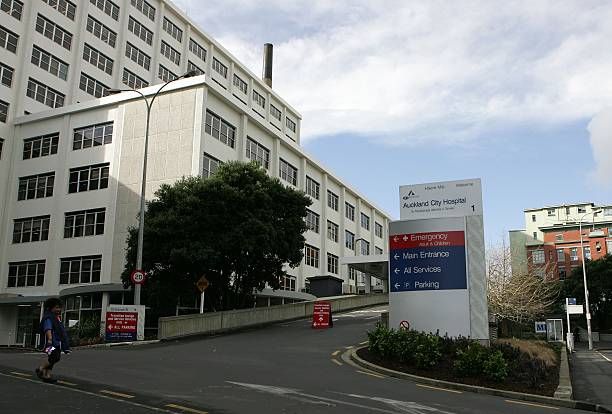Hospitalisation For Marijuana Continues To Increase

More damning statistics of marijuana hospitalisations in New Zealand are further proof that we should go nowhere legalising cannabis. Family First also says that too many children are being hospitalised for marijuana poisoning and mental harm already, and that this rate will also only increase if the drug is legalised.
New statistics, collected by the Ministry of Health, show that in 2008 only 192 people were hospitalised with a primary cannabis diagnosis, but by 2018 this had increased by 160% to over 500. Almost 6,000 people over 10 years have been hospitalised. Those suffering from a psychotic disorder due to cannabis (the most common diagnosis) increased from 90 to 226 over the same time period – an increase of 150%.
Earlier Ministry of Health figures gained under the Official Information Act show that 73 children (0 – 14 years) have been hospitalised in the past five years either for poisoning or for mental and behavioural disorders due to the use of cannabis. This is over four times the number of hospitalisations compared to synthetic cannabis for the same age group.
These stats will only worsen if marijuana is legalised in New Zealand and the marijuana industry floods the market with highly potent cannabis concentrates – edibles, dabbing (smoking highly concentrated THC) and vaping – as they have in all other jurisdictions where cannabis has been allowed. This should sound the warning bell that marijuana is absolutely a health issue, which is why the law is so important for protecting public health and safety. A soft approach would be a disaster.
This is similar to the overseas experience where marijuana has been legalised. The number of teenagers sent to emergency rooms more than quadrupled after marijuana was legalised in Colorado — mostly for mental health symptoms, researchers reported in 2017. The yearly rate of emergency department visits related to marijuana for all ages increased 52%, and hospitalisations increased 148% in Colorado (2012 compared to 2016). A recent study conducted in Colorado also found that following recreational marijuana commercialisation in 2013, marijuana-detection rates significantly increased among traumatic injury patients in Colorado hospitals.
A study conducted in Washington State found that the rate of paediatric exposures to marijuana (children aged 9 or under) was 2.3 times higher following retail sales than it was before legalisation. And in Oregon, for children 5 years or younger, the number rose by 271% from 14 cases in 2014 to 52 cases in 2017.
The latest Colorado toxicology reports show the percentage of adolescent suicide victims testing positive for marijuana continues to increase. Between 2011 and 2013, 20.7% of suicide victims between the ages of 10 and 19 tested positive for marijuana (compared with 12.7% who tested positive for alcohol). By 2014-2016, 22.4% tested positive for marijuana (compared with 9.3% for alcohol).
In the UK, 15,000 teenage hospital admissions have taken place over the past five years as a result of taking cannabis – some of whom were rushed to hospital suffering from serious psychosis.
At a time when New Zealand’s mental health system is bursting at the seams, why would we legitimise a mind-altering product which will simply add to social harm? It’s patently obvious that legalisation will increase its use, and harm. So-called ‘regulation’ doesn’t change the fact that drugs harm.
This is not a ‘war on drugs’ – this is a defence of our brains and health and wellbeing. Legalising a harmful drug like marijuana – or any other drug for that matter – is not a healthy option.






